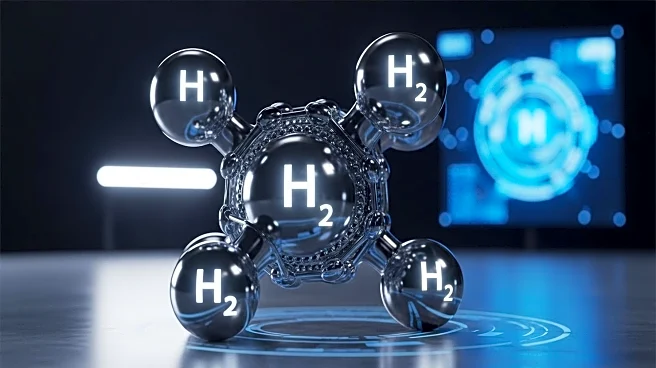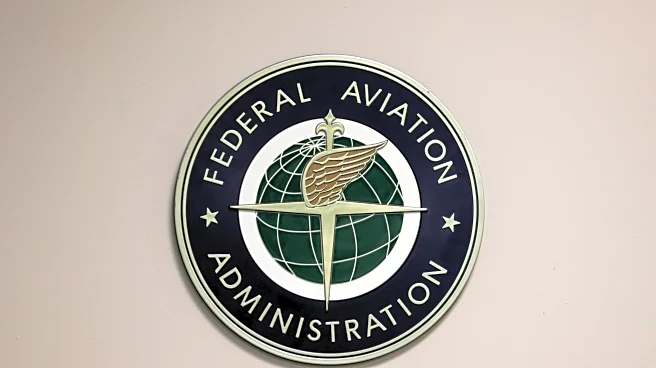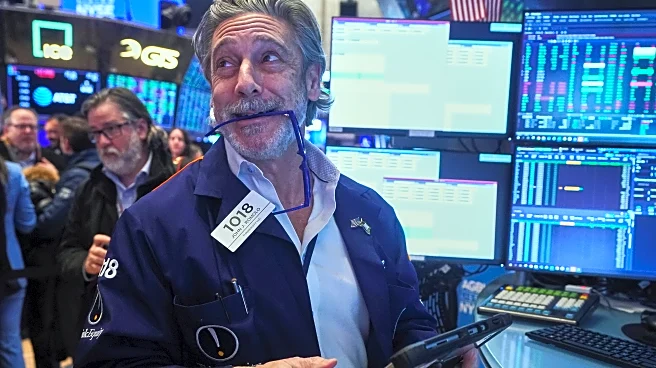What's Happening?
BMW has introduced its third-generation hydrogen fuel-cell system, which is set to enter series production in 2028. The new system is 25 percent smaller and offers increased power density, allowing for integration with future vehicle architectures. BMW's collaboration with Toyota continues, with Toyota supplying the fuel cells while BMW designs the overall system. The second-generation system currently powers a fleet of prototype X5 crossovers, offering 396 horsepower and a range of up to 313 miles. Despite challenges such as a lack of fueling stations, BMW remains committed to hydrogen as a cleaner alternative to gasoline.
Why It's Important?
BMW's development of hydrogen fuel-cell technology represents a significant step towards sustainable transportation solutions. Hydrogen offers a cleaner refueling experience compared to gasoline, aligning with global efforts to reduce carbon emissions. The collaboration with Toyota leverages expertise from both companies, enhancing the efficiency and integration of hydrogen systems in future vehicles. As automakers explore alternatives to traditional combustion engines, hydrogen fuel cells present a viable option for reducing environmental impact and advancing the transition to renewable energy sources.
What's Next?
BMW plans to integrate the new hydrogen fuel-cell system with its Neue Klasse models, although specific vehicle applications have not been confirmed. The production of the BMW Energy Master, an interface between the battery and vehicle systems, is set to begin later this year. As BMW continues to refine its hydrogen technology, the company may expand its fleet of hydrogen-powered vehicles, potentially influencing the broader automotive industry's approach to sustainable energy solutions.
Beyond the Headlines
The advancement of hydrogen fuel-cell technology by BMW highlights the ongoing exploration of alternative energy sources in the automotive industry. While electric vehicles have gained significant traction, hydrogen presents unique advantages, such as faster refueling times and longer driving ranges. The collaboration between BMW and Toyota underscores the importance of partnerships in driving innovation and overcoming technical challenges. As infrastructure for hydrogen fueling stations improves, the adoption of hydrogen-powered vehicles may increase, contributing to a more sustainable transportation ecosystem.










